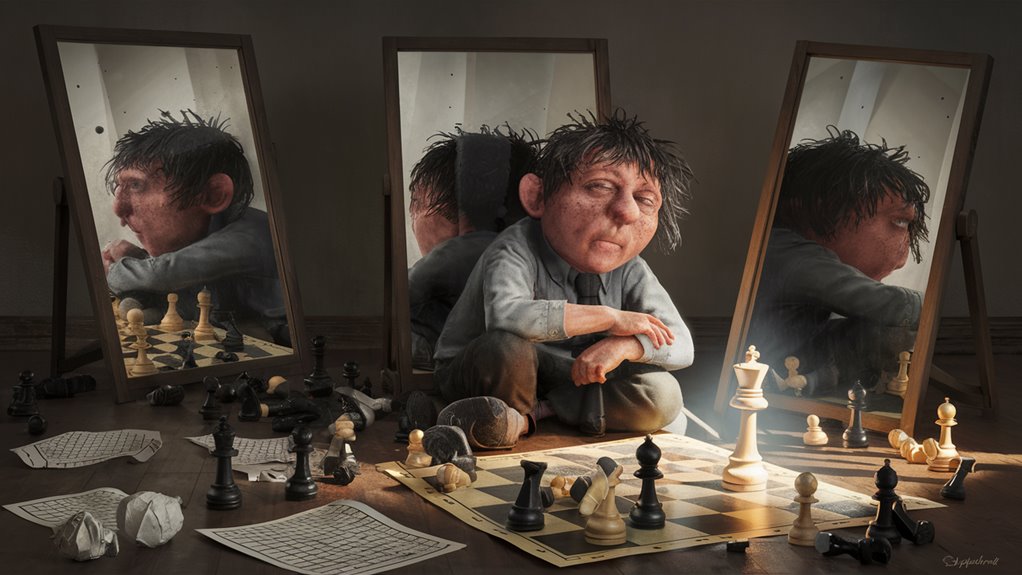
Halting the Negative Trend in Performance

Our brain reacts strongly when we keep losing. Frequent losses change how our brain functions, leading to more stress and less happiness. This makes it harder to make good decisions and think clearly.
How Stress Affects Our Brain
The stress from losing affects several parts of our brain:
- Frontal Cortex: Affects our ability to plan.
- Hippocampus: Impairs memory.
- Striatum: Changes how we view rewards.
- Insula: Intensifies feelings about risks. 온카스터디
Breaking the Cycle with Brain Strategies
By understanding our brain’s reactions to loss, we can implement strategies to improve:
- Brain Reset Methods: Redirect brain processes.
- Handle Stress Responses: Manage stress chemicals effectively.
- Enhance Decision-Making: Improve logical thinking.
- Incorporate Brain Game Science: Use proven strategies for optimal brain function.
These strategies assist in breaking losing streaks and restoring brain functionality.
The Downward Spiral of Losing
The cycle of loss begins with a triggering event leading to several mental and behavioral shifts:
Stages include feeling unstable, engaging in negative thinking, and adopting behaviors that perpetuate losses.
Stage 1: Unstable Feelings
This stage involves significant changes in brain chemicals, increasing stress and reducing happiness, which worsen our decision-making.
Stage 2: Negative Thinking
Negative thinking patterns arise, magnifying losses and forming a cycle that reinforces negativity.
Stage 3: Problematic Behaviors

Engaging in harmful habits, such as avoiding challenges or rushing to fix losses, intensifies the negative cycle.
Understanding these patterns is vital for applying strategies to disrupt and prevent further decline.
Brain Changes and Frequent Loss
Repeated losses alter brain functions, affecting success management and emotional control.
Persistent stress and reduced happiness disrupt decision-making and emotional stability.
Brain Function and Performance
Frequent losses overactivate the brain’s fear center, hindering logical decision-making.
Research shows a drop in problem-solving abilities after consecutive losses.
Related Brain Changes and Performance
- Reaction speed Arc & Frost Casino
- Risk evaluation
- Plan development
Enhanced methods are needed to overcome these challenges and halt negative behavior patterns.
Mental Barriers During Constant Losses
Ongoing losses create mental barriers like anxiety, narrow thinking, and pessimism.
Pre-Start Anxiety
Fear before starting activates excess stress, impairing choices and memory.
Narrow Thinking
Focus on potential negatives blocks opportunities and problem-solving capabilities.
Breaking Pessimism
Anticipated failures build negative cycles, requiring brain-changing strategies for interruption.